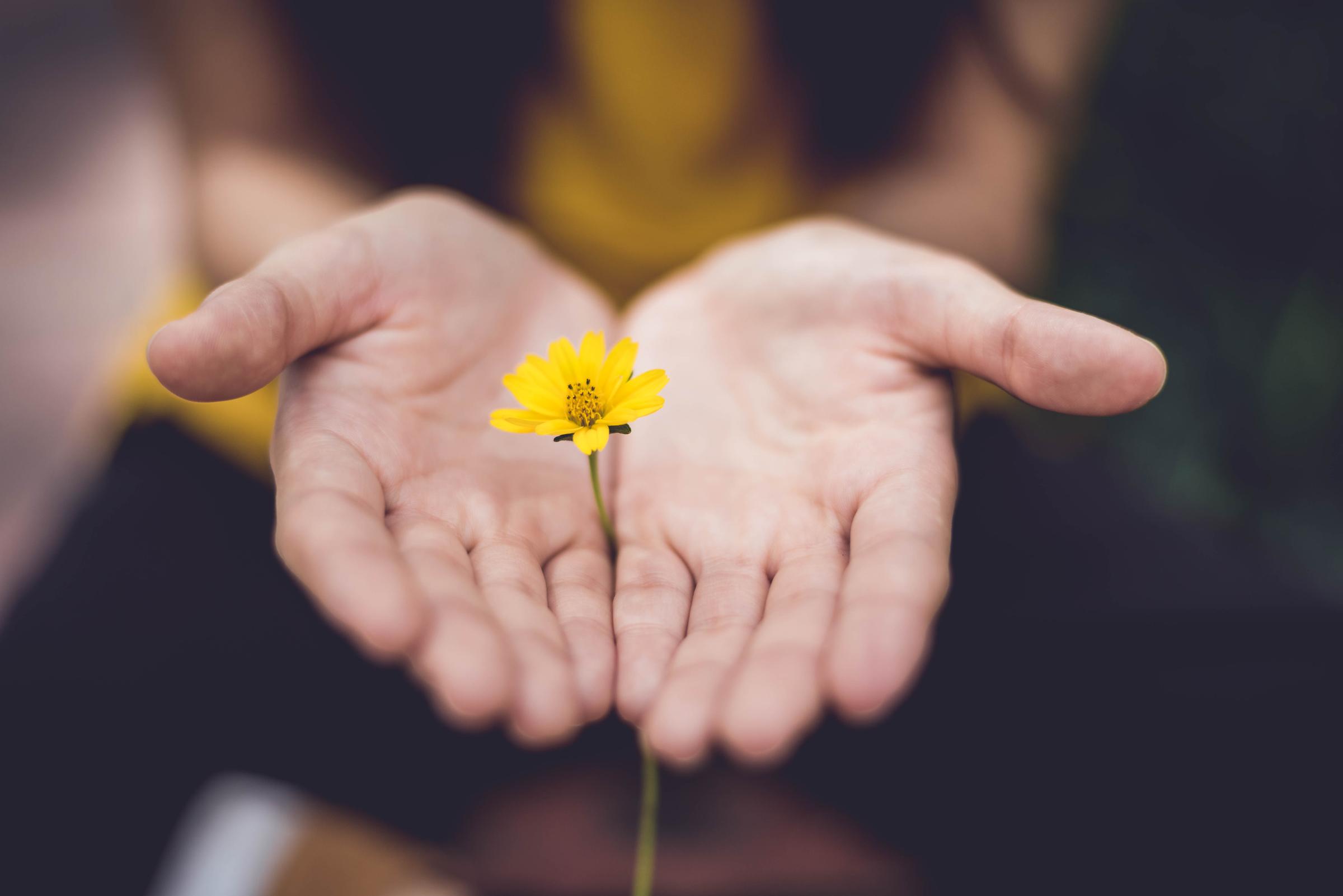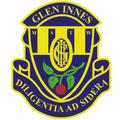Wellbeing News

Young people and drug and alcohol misuse and addiction.
Substance use is common among young people, and alcohol is the most common substance used by youth. A survey of Australian secondary students aged between 12 and 17 years, found that 74% had tried alcohol, 15% had used cannabis, and 17% had used inhalants at some time in their lives (2).
Substance use disorders are among the most common of mental health disorders experienced by young people. In Australia, 12.7% of people aged 16-24 are estimated to have a substance use disorder, with higher rates among young men than young women (around 16% of males and 10% of females) (3). Harmful use of alcohol was the most commonly reported substance use disorder (at around 9%).
In launching a new campaign called ‘Get Comfortable with the Uncomfortable,’ the Sir David Martin Foundation CEO, Helen Connealy said,
“Remember the days when it was taboo to talk about mental health? To even mention ‘anxiety’ or admit to feeling ‘depressed’ was considered shameful. Thankfully, things have improved.
But things haven’t progressed as far when it comes to talking about youth addiction.
It’s still really hard for young people to open up about their drug and alcohol use, and for the people who care about them to find the right words to discuss it.
That’s why, in the lead up to Youth Week 2024, Sir David Martin Foundation is launching the ‘Get Comfortable with the Uncomfortable’ campaign to raise awareness, break down barriers and start more conversations about youth addiction.
The truth is, the more we normalise talking about addiction, the more we can open the way for young people to get the support they need – and deserve.
Don’t get me wrong. There will be some challenging moments in this journey. But it’s time for us all to get comfortable with the uncomfortable and create safe spaces where we can talk about youth addiction without blame, shame or judgement.”
The path to drug and alcohol addiction
(From: Evolve 2020: Are we doing enough for young people with drug and alcohol addiction? - Sir David Martin Foundation Research Report https://martinfoundation.org.au/reports/#research-reports)
Harmful alcohol and drug use and addiction are often the result of a complex interaction of individual and environmental risk factors.
A young person’s family environment is one of the most significant predictors of alcohol or drug misuse. Young people are at greater risk if they experience abuse and neglect, family conflict, unemployment, poor parental mental health and inappropriate family discipline.
Other risk factors include neighbourhood violence, cultural norms, school culture, peer connectedness and media and advertising. A young person’s individual characteristics, including their personality, mental health and social skills also play a role.
While substance misuse generally begins in adolescence, it peaks when young people are between 20 and 24 years old. Longitudinal research confirms that individuals who develop an alcohol or drug use disorder in adolescence are more likely to continue these problems into adulthood, a trend impacted by an earlier onset and with greater levels of use.
It is essential to intervene early and provide programs and treatment before harmful alcohol and drug use becomes entrenched.
Having “the talk.”
People normally associate ‘The Talk’ with a conversation about sex, consent and relationships. But there is another important talk that every family should have. ‘The Other Talk’ - an open conversation about alcohol and other drugs – is an important part of preparing a young person for situations where they may be around alcohol and other drugs. You can start this conversation from an early age, to give your young person the right information and attitudes. In fact, broaching this topic early means you can establish an understanding that there are no silly questions and no off-limit topics.
Below is a link to “the Other Talk.” This guide is designed to help you understand some of the common issues for young people and give you some proven tips for talking about them.
https://cdn.adf.org.au/media/documents/The_Other_Talk2.pdf
For more information see:
https://adf.org.au/insights/youth-aod-use/
https://www.aihw.gov.au/reports/children-youth/alcohol-tobacco-and-other-drugs
https://www.betterhealth.vic.gov.au/health/healthyliving/drugs-teenagers-parenting
Support services
If you need urgent help right now, please call 000 or contact Lifeline on 13 11 14 or Kids Helpline on 1800 55 1800 for immediate 24/7 crisis support.
The Suicide Call Back Service on 1300 659 467 offers 24/7 free counselling and support for people at risk of suicide.
Family Drug Support
Family Drug Support Australia offers a 24/7 support line on 1300 368 186 for anyone who needs help with a loved one’s drug use. They also have excellent resources and support programs for families living with addiction.
Contact Family Drug Support Australia
Youth Mental Health Support
headspace provides early intervention mental health services and support for 12-25 year olds. They can help young people with mental health, physical health, alcohol and other drug services and work and study support.
Alcohol & Drug Support
National Alcohol & Other Drug Hotline on 1800 250 015 provides free, confidential advice. The Alcohol & Drug Foundation’s DrugInfo service also provides useful facts and details for counselling, treatment and support services.

